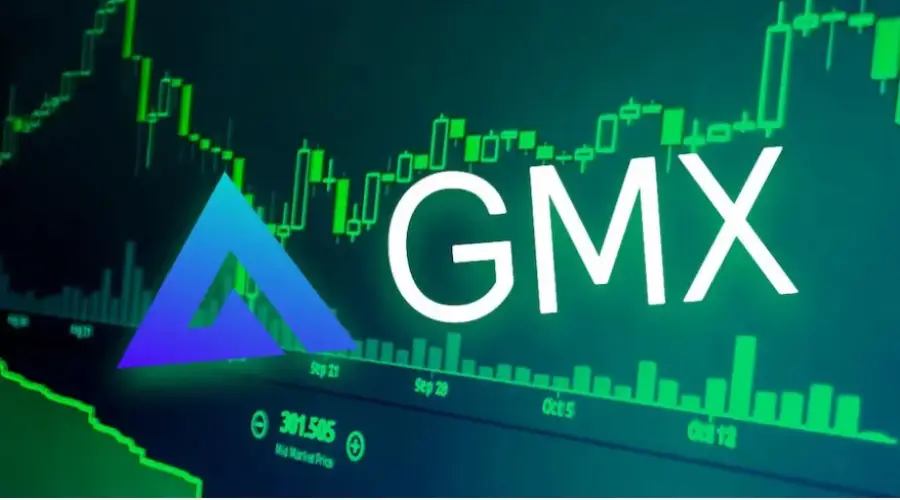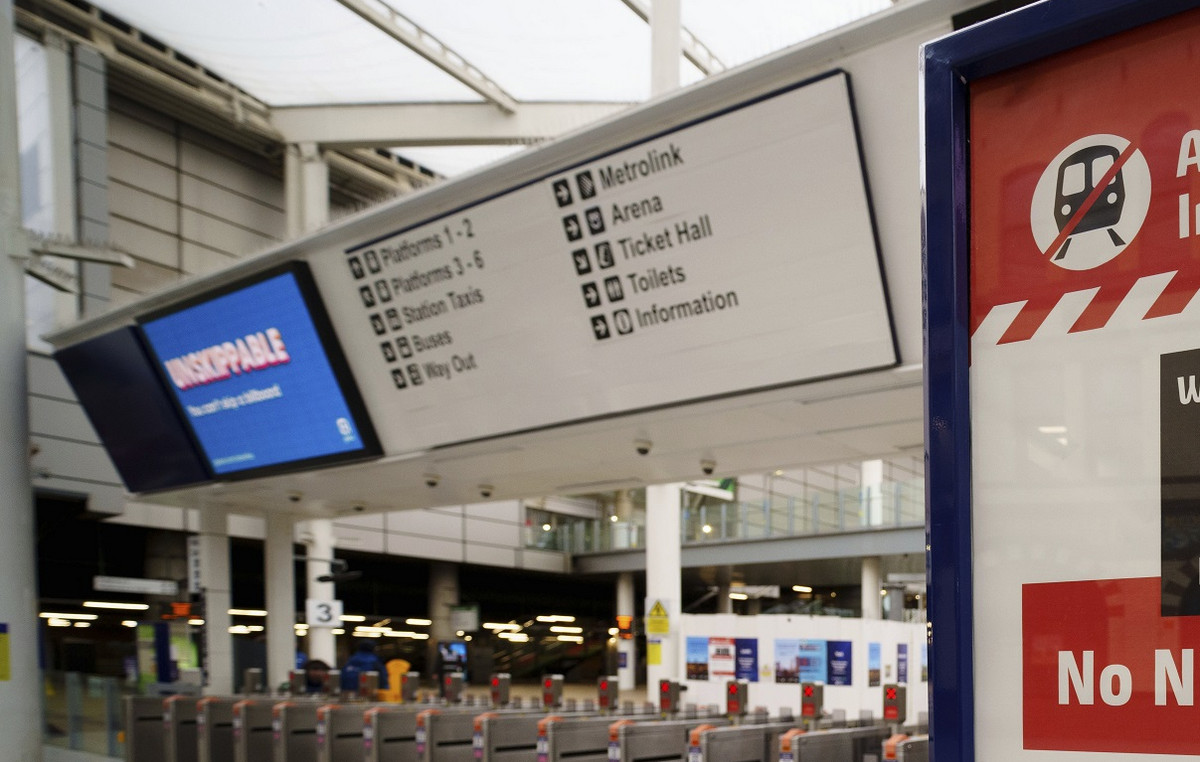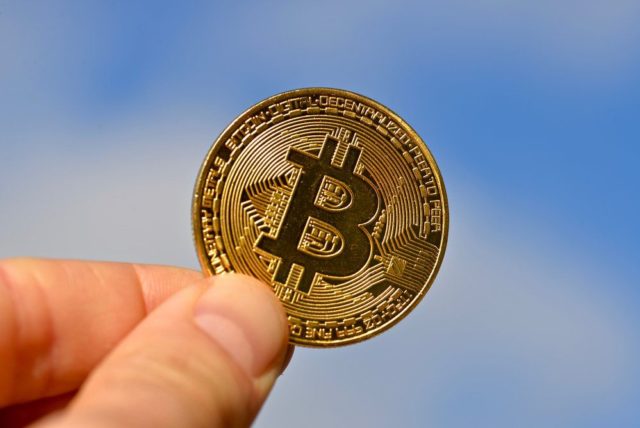Most stock exchanges in the Asia-Pacific region are declining, with the biggest losses being recorded in the Japanese market.
Concerns about rising global inflation are setting the tone in Asian markets, with investors looking to the US Federal Reserve and raising interest rates in 2022.
In yesterday’s Wall meeting, The Dow Jones industrial average fell for the second day in a row, while the technology Nasdaq recorded losses as the latest rally in US bond yields dampened the attractiveness of “growth” stocks.
The 10-year US yield has climbed close to a month high as the Federal Reserve is expected to move faster in the coming months to tighten its policy, following the reinstatement of Jerome Powell at the helm of the central bank and the statements of the central bank. banker on the corrosive impact of inflation on the US economy and households.
In this climate, in Japan the Nikkei 225 index fell by 1.79%, while the Topix index lost 1.32%. In South Korea, Kospi slips by 0.44%.
In the Hong Kong the Hang Seng Index falls marginally to mainland China Shanghai Composite loses 0.1% and Shenzen has marginal losses.
The Straits Times index at Singapore gains 0.14%, with the country’s Ministry of Commerce announcing that the economy grew by 7.1% in the third quarter compared to a year ago. This performance is better than the previous official preliminary estimate for growth of 6.5% on an annual basis.
In Australia, the S & P / ASX 200 index remains almost unchanged.
THE wider MSCI index of Asia-Pacific shares outside Japan is down 0.25%.
New Zealand: Second rate hike in two months
In other developments, The Bank of New Zealand raised interest rates for the second consecutive month today, to control rising consumer prices and warned homeowners to prepare for further increases.
The Reserve Bank of New Zealand raised its key interest rate (OCR) by a quarter to 0.75% in the last political meeting of the year as the country emerges from the pandemic and prepares to open up to the world.
Most economists expected interest rates to rise by 25 basis points.
Following the announcement of the RBNZ, the New Zealand dollar fell almost 0.7% to $ 0.6901, compared to levels around $ 0.7 earlier in the week.
The Japanese yen traded at 114.97 per dollar, with its exchange rate moving to the lowest of the last 4.5 years.
Oil prices moved in mixed signs in trading in Asia with Brent falling 0.17% to $ 82.17 a barrel, while US crude moved slightly higher to $ 78.52 a barrel.
.
I am Sophia william, author of World Stock Market. I have a degree in journalism from the University of Missouri and I have worked as a reporter for several news websites. I have a passion for writing and informing people about the latest news and events happening in the world. I strive to be accurate and unbiased in my reporting, and I hope to provide readers with valuable information that they can use to make informed decisions.







